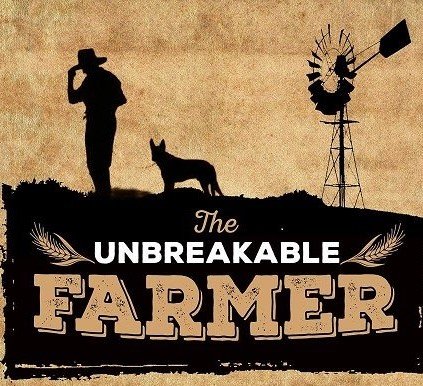When the Wind Blows Too Hard: Protecting the Fabric of Rural Communities
Over the past few years, I’ve had countless conversations about renewable energy especially wind farms. One thing is clear: this debate isn’t going away. In fact, in some places, it’s taking an ugly turn.
Australia is moving quickly toward a cleaner, more sustainable future, and renewable energy projects particularly wind farms are a big part of that journey. For some, these developments represent progress: cutting emissions, creating local jobs, and securing a more reliable energy supply. For others, particularly those who live and work on the land, the changes feel far more personal, and in some cases, deeply unsettling.
What started in many towns as a conversation about land use, environmental trade offs, and visual impacts has, in some places, turned into something much more troubling. The debate has shifted away from policy and practicalities, and has slipped into division, suspicion, and, sadly, outright hostility.
Reports from some rural communities are worrying. There have been accounts of neighbours falling out, people receiving threats, property interference, and even children being caught in the crossfire of adult disputes. Community events have been abandoned due to the risk of boycotts or protests. These aren’t the hallmarks of healthy community debate, they’re signs that something far deeper is fracturing.
“The real challenge isn’t where we place the turbines, it’s how we protect the trust, respect, and goodwill that hold our communities together.”
It’s not about whether wind farms are right or wrong that discussion will continue, as it should, in a democratic society. The real concern is the way the conversation is being had, and the long lasting scars it could leave on the social fabric of rural life. When people feel they can’t speak openly without fear of backlash, when friendships crumble and neighbours stop talking, we risk losing something far more valuable than we realise.
In many cases, residents on both sides of the issue have withdrawn from public life. Some avoid community gatherings. Others stop writing to the local paper or speaking at meetings. The silence isn’t a sign of agreement, it’s a sign of fear. And when fear replaces trust, it changes the very character of a place.
The danger here is that we forget the power of community the way it can rally in a crisis, support families through drought or fire, and give people a sense of belonging that can’t be measured in dollars. Strong communities are the backbone of rural Australia. They’re built on years of shared history, mutual help, and the quiet understanding that your neighbour will be there when you need them. When that bond is broken, the loss is felt in every corner from the schoolyard to the local footy club, from the main street to the farm gate.
"Once trust between neighbours is lost, no amount of energy can bring it back."
This climate of division doesn’t just impact the here and now. It influences the way future generations view disagreement. If young people see that disputes are settled through intimidation, isolation, or spite, we’re teaching them the wrong lessons about respect and resilience.
Regardless of personal views on renewable energy, no project should come at the expense of the bonds that hold communities together. Trust, mutual respect, and the ability to have tough conversations without tearing each other apart these are the foundations of rural life. Once they’re damaged, they take years, sometimes decades, to rebuild.
Renewable energy is about shaping the future. But communities live in the present, and their strength depends on how we treat each other right now. We can pursue progress without sacrificing connection. That means making space for different opinions, listening without judgement, and remembering that the person on the other side of the debate is still your neighbour.
The real challenge isn’t just where turbines are placed it’s how we protect the relationships, trust, and goodwill that make rural communities strong in the first place. When we protect the power of community, we protect far more than our way of life, we protect the very heart of who we are.
"If we lose the strength of our communities in the push for progress, we risk powering the future at the expense of our very soul."
